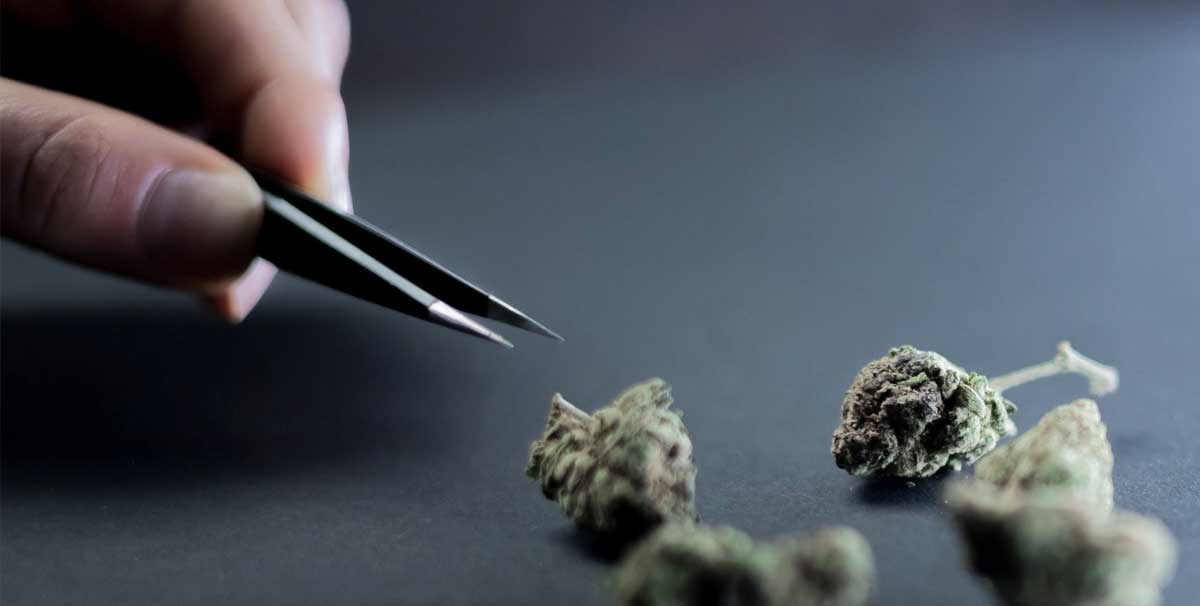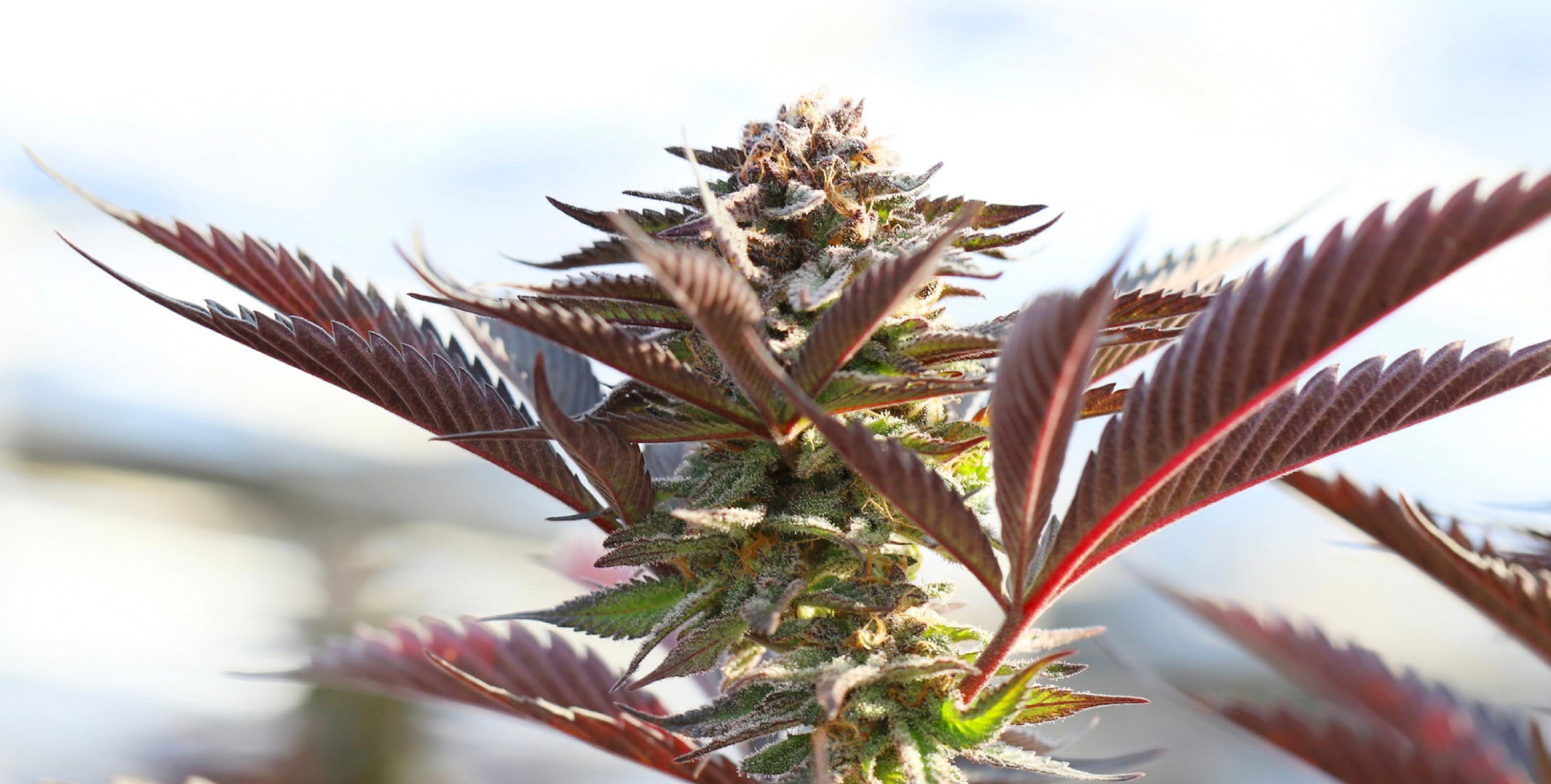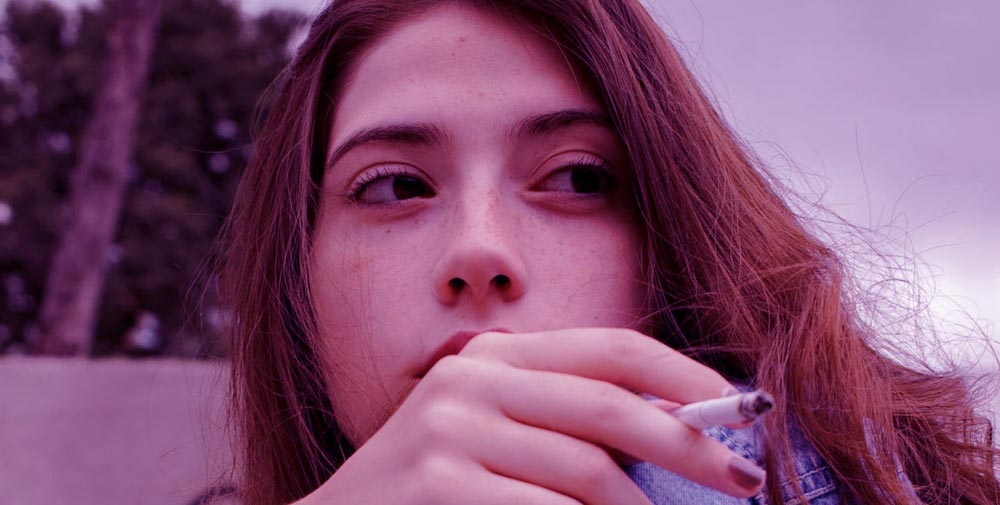by Sugar Team October 11, 2022 6 min read

CBD, or cannabidiol, is a compound found in cannabis plants. Unlike its more famous cousin, THC (tetrahydrocannabinol), CBD is not psychoactive – i.e, it won't get you high.
Instead, CBD works primarily by interacting with our endocannabinoid system, a network of receptors and neurotransmitters located throughout the body that helps to regulate things like mood, pain, inflammation, and appetite.
This means that CBD can offer a wide range of potential therapeutic benefits, including relief from chronic conditions like pain, anxiety, and insomnia.
What's more, because CBD is non-psychoactive and generally well-tolerated by humans (with little to no side effects), it has potential as an alternative to more traditional pharmaceutical medications.
In this article, we'll dive deep into the science of CBD to explore its mechanism of action, as well as the evidence for its various potential therapeutic benefits. You'll learn about CBD's safety profile, how it impacts the endocannabinoid system, why it shows promise as a treatment for conditions like pain and anxiety, and more.
Medicinal use of CBD represents a significant step forward in our cultural relationship to cannabis. However, it's important to understand what CBD is and what it isn't in order to make informed decisions about its use.
Firstly, CBD isn't a recreational drug like THC. It won't get you high or alter your state of consciousness in any significant way. CBD works on fundamentally different receptors; it's more like a therapeutic than a psychoactive substance.
Because of this, CBD has a much wider range of potential medicinal applications than THC. CBD is thought to be helpful in treating conditions as varied as chronic pain, anxiety, inflammation, insomnia, and even certain types of epilepsy.
As research into CBD's therapeutic potential continues, we are likely to learn even more about the many ways that it can help us.
Secondly, in most parts of the world, CBD isn't currently regulated by the FDA in the same way that pharmaceutical medications are. This means that there's no guarantee of its safety or efficacy by large, institutional health bodies.
Some consider this a plus; CBD isn't subject to the same kind of stringent testing and regulation as pharmaceuticals, so it may be more accessible and cheaper. Others worry that this lack of regulation could lead to dangerous or ineffective products being sold without any accountability.
Generally, CBD is generally considered to be a low-risk substance, especially when compared to other medications with similar therapeutic effects. Culturally, it's beginning to fill a similar role to, say, Ibuprofen, and is often used for similar reasons: to treat pain, reduce inflammation, and so on.
As time progresses, it's expected that the stigma around CBD will continue dissipating and it’ll become more commonly accepted as a mainstream medication.
Now that we've answered some of the basic questions around what CBD is, let's talk about how to use it.
There are four main ways to take CBD: via oil, edibles, topicals, or capsules.
CBD Oil
CBD oil is perhaps the most popular method of taking CBD. It's easy to find and use, and can be taken in a variety of ways. You can take it sublingually (under the tongue), add it to food or drinks, or even vape it!
CBD Edibles
CBD edibles are becoming increasingly popular as they offer an easy, delicious way to take CBD. There are now CBD gummies, chocolates, candies, and even CBD-infused coffee beans available on the market. Simply eat your desired amount and wait for the effects to kick in!
CBD Topicals
CBD topicals are a great option for localized pain relief. They come in the form of creams, ointments, and even salves, and can be applied directly to the skin. CBD topicals are absorbed through the skin and interact with nearby cannabinoid receptors to provide relief from pain, inflammation, and other localized issues.
CBD Capsules
Capsules are a convenient way to take CBD if you don't like the taste of oil or edibles. They're easy to take with you on the go and can be swallowed just like any other pill. Capsules typically take longer to kick in than other methods (30-90 minutes), but the effects will last for much longer (6-8 hours).
Dosage considerations
When taking CBD, it's important to start with a low dose and increase gradually as needed. This is because CBD can have different effects at different doses, and it's hard to predict how it will affect you personally.
A good rule of thumb is to start with a small amount (1-2mg) and increase gradually over the course of a few days or weeks until you find the dose that works for you.
It's also important to keep in mind that CBD is not currently regulated by the FDA, so there are no official guidelines on dosage. If possible, it's always best to work with a healthcare professional who can help you find the right dose for your individual needs.

CBD is generally considered to be safe and well-tolerated by humans, even at high doses. The most common side effects of CBD include dry mouth, drowsiness, diarrhea, and changes in appetite or weight. But the vast majority of CBD users don't experience any significant downsides, hence its explosion in popularity.
Compared to other medications with similar therapeutic effects (such as opioids), CBD is significantly less likely to cause serious side effects like respiratory depression or addiction. This has led to CBD being hailed as a "safer" alternative to more traditional pain medications, and a growing reputation as the "opioid killer"
Mechanism of action
In technical terms, CBD is a 'cannabinoid.' This means that it's a compound found in the Cannabis sativa plant. There are over 100 different cannabinoids in cannabis, and CBD is just one of them.
CBD interacts with our bodies in a similar way to other cannabinoids like THC; however, it doesn't produce the same psychoactive effects. This is because CBD interacts with different receptors than THC; specifically, it binds to receptors in the endocannabinoid system, and inhibits their function.
The endocannabinoid system is a network of neurotransmitters and receptors located throughout the body that helps to regulate things like mood, pain, inflammation, and appetite.
When CBD enters the body, it binds to cannabinoid receptors and generally causes them to inhibit the release of certain neurotransmitters. This process ultimately leads to various therapeutic benefits, like a reduction in brain activity associated with anxiety, fear, and chronic pain.
The ECS is a relatively new discovery; it wasn't until the 1990s that researchers began to understand how cannabinoids interact with our bodies. Since then, we've learned that the endocannabinoid system plays a vital role in maintaining homeostasis (internal balance) within our tissues.
Prior to the last five years, CBD was largely unknown to the mainstream public. However, that all changed in 2014 when a CNN documentary called "Weed" featuring Dr. Sanjay Gupta introduced the world to Charlotte Figi, a little girl with severe epilepsy who found relief from her seizures after using CBD-rich cannabis oil.
Since then, CBD has exploded in popularity, with more and more people looking to it as a natural alternative to traditional medications. In fact, according to a report from Brightfield Group, the CBD market is expected to grow to $22 billion by 2022.
This growing acceptance of CBD is likely due to the fact that, unlike THC, there's significantly less impact on your ability to function. This means that you can use CBD without worrying about experiencing the "high" typically associated with cannabis (i.e impaired reaction time and reasoning), making it a much more attractive option for those seeking the potential therapeutic benefits of cannabis without the psychoactive effects.
The potential therapeutic benefits of CBD are vast, and researchers are only just beginning to unlock its full potential. In the coming years, we can expect to see more clinical trials exploring the efficacy of CBD in treating a wide range of conditions, from chronic pain and anxiety to Alzheimer's disease and cancer.
What's more, as CBD becomes more mainstream, we can also expect to see more products containing CBD hitting store shelves -- everything from oils and tinctures to gummies and topical creams.
In summary, CBD is a compound found in cannabis plants that offers a wide range of potential therapeutic benefits. It works by interacting with our endocannabinoid system and is generally well-tolerated by humans with very few side effects.
After an explosion in popularity following a 2014 documentary, CBD is now being used by more and more people as a natural alternative to traditional medications. And with the World Health Organization recently declaring it a safe, well-tolerated compound with no abuse potential, we can only expect this trend to continue in the years to come.
So, if you're looking for a natural alternative to traditional medications, CBD might be worth considering. Just make sure to talk to your doctor first to ensure that it's right for you.

by Sugar Team April 10, 2023 7 min read

by Sugar Team March 31, 2023 8 min read

by Sugar Team March 17, 2023 7 min read